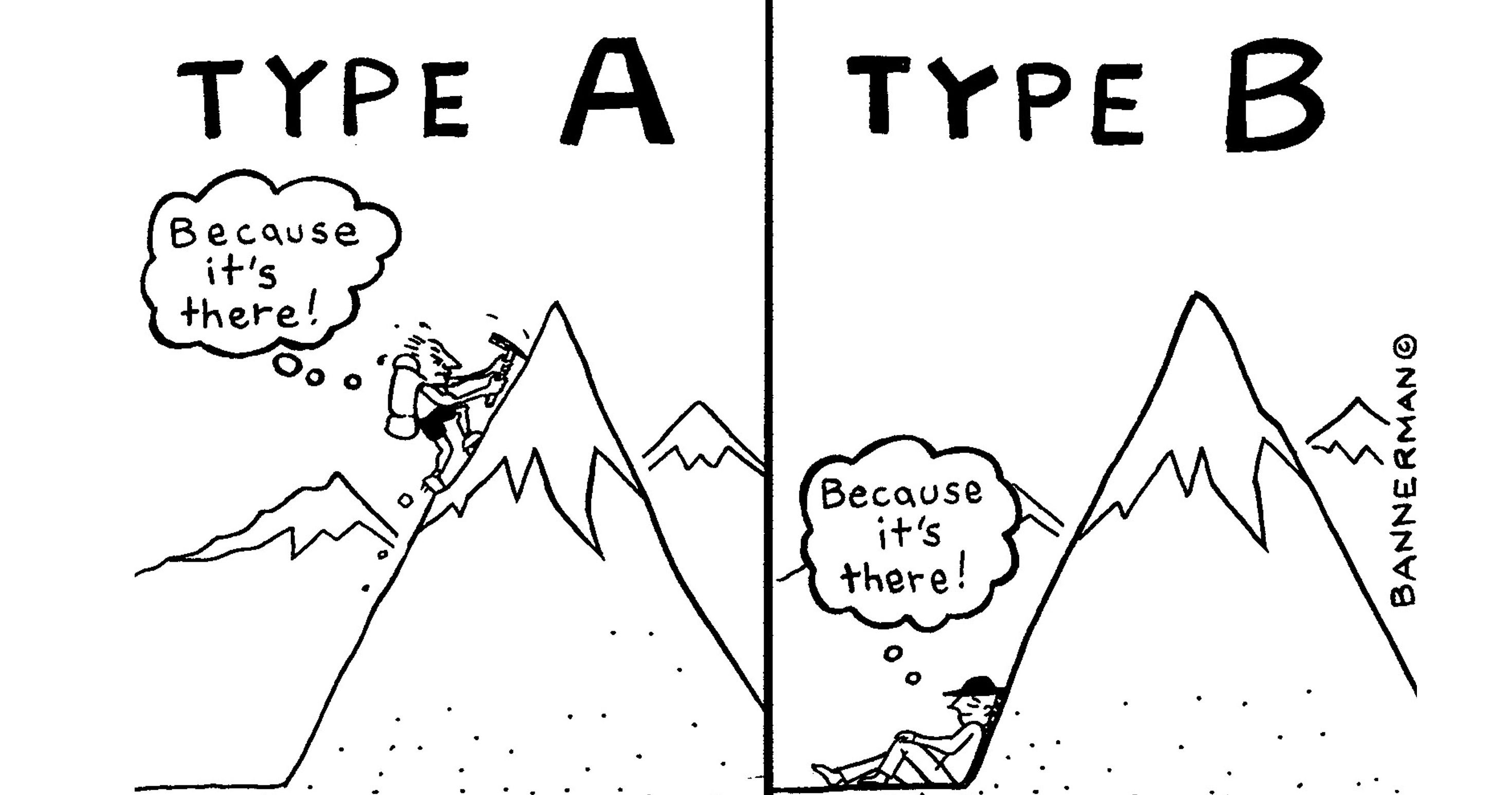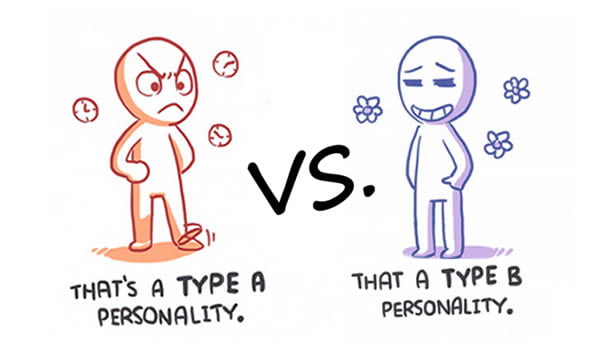

This research review also found evidence to suggest people with a type D personality may have a higher risk of developing heart disease. follow treatment and self-care recommendations when sick.Suppressing your feelings can eventually begin to affect physical health and lower your quality of life overall.Īccording to a 2018 review, people with type D traits are often less likely to: Keeping emotions to yourself, especially painful and unpleasant ones, can contribute to emotional distress and factor into mental health concerns like depression. avoid seeking the company of others, in part because you worry they’ll reject you.feel nervous and uneasy in social settings.feel less secure and confident in yourself.take a more pessimistic view of the world.

find you spend a lot of time worrying or ruminating on painful or distressing feelings.If you have a type D personality, you might: You generally avoid opening up to others, so you’re more likely to keep that distress to yourself.You experience more unwanted and uncomfortable emotions overall.This distress happens, research suggests, for two key reasons: People with type D personalities tend to experience quite a bit of emotional distress. Trouble getting enough sleep - not uncommon among people with type A personalities - can also show up on your face in the form of puffy eyes and dark circles.Įxperts have linked the type D personality, first introduced by psychologist Johan Denollet in 2005, to a few different mental and physical health concerns. Maybe you often find yourself pursing your lips or clenching your teeth and jaw. If you have a type A personality, you might tend to wear stress on your face. often heave sighs or exhalations of annoyance.tap your foot or drum your fingers when waiting.While a type A personality won’t necessarily have any impact on the way you look, some type A traits could show up in your physical gestures and behaviors. You may also be prone to criticizing yourself, especially if you had to leave something undone or feel you didn’t do a good job. Your thoughts and internal processes likely focus on concrete ideas and the immediate tasks at hand.Ī sense of urgency around work may lead you to try tackling multiple things at once, often without a break. People might describe you as motivated, impatient, or both. Having a type A personality often means you find your time very valuable. be more likely to experience stress when faced with delays or other challenges that affect success.spend much of your time focused on work.feel impatient or irritated when delayed.Generally, if you have a type A personality, you may: There isn’t a firm definition of what it means to have a type A personality, and traits can vary slightly from person to person. What are some traits of a type A personality?


 0 kommentar(er)
0 kommentar(er)
